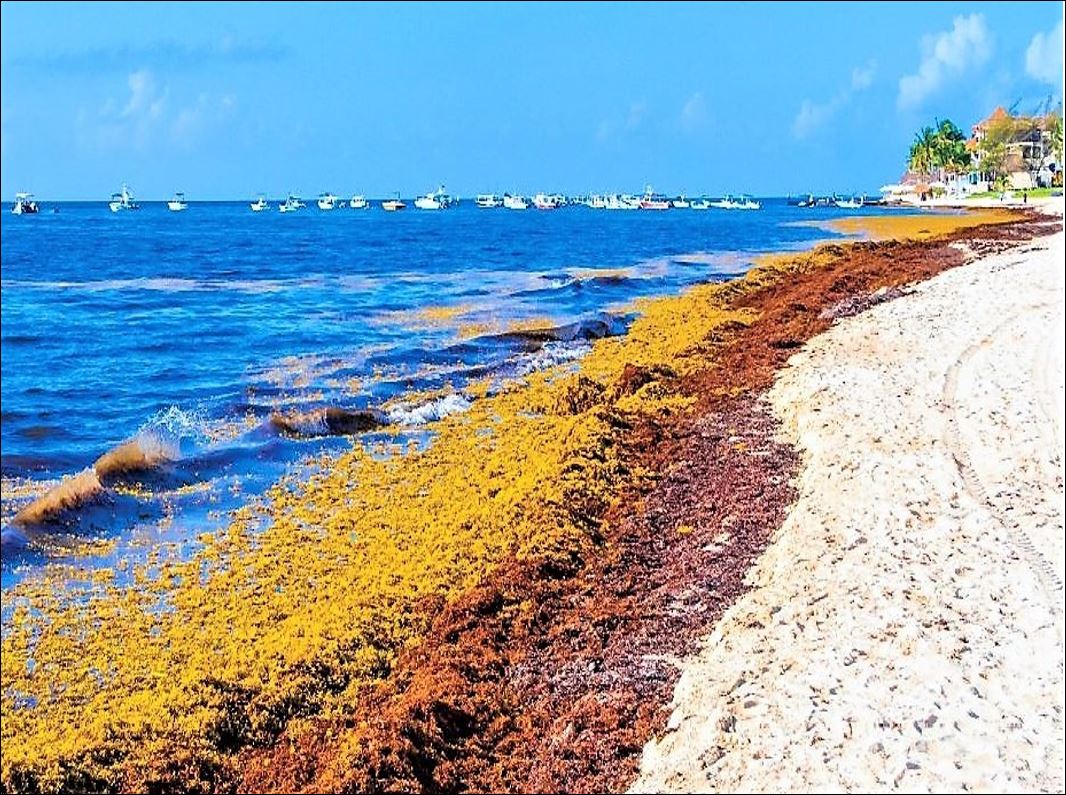
The invasion of sargassum—a brown macroalgae—on Caribbean beaches has been a growing concern due to its massive accumulations and the stench of decay it brings. However, innovative minds see beyond the nuisance. In Barbados, Joshua Forte, the founder of Red Diamond Compost, viewed the seaweed disaster as an opportunity to benefit the agricultural sector. By converting sargassum into organic fertilizer, Forte not only provided a solution to manage the seaweed influx but also created a product that enhances soil health and plant growth.
This transformation process involves extracting valuable nutrients and microorganisms from the seaweed, which are known to stimulate plant growth. The residual material is then turned into a humus-rich compost. Sargassum is rich in essential minerals like iron, magnesium, and potassium, which are beneficial for plant health. Interestingly, it also helps plants absorb nutrients more efficiently, reducing the need for synthetic fertilizers.
Forte’s innovation reflects a broader trend in the Caribbean where entrepreneurs are turning sargassum into valuable agricultural products. This not only helps clean up the beaches but also adds economic value to what was once considered mere waste. Companies like Carbonwave are also exploring the use of sargassum in various products, including biofuels and bioplastics, highlighting the potential of this seaweed beyond just agricultural uses.
The shift towards using sargassum in agriculture is part of a larger movement towards sustainable and ecological farming practices. By integrating sargassum-based products into agriculture, Caribbean nations can improve soil fertility, enhance food security, and reduce environmental impacts. This approach not only addresses the immediate problem of sargassum accumulation but also contributes to long-term agricultural sustainability in the region.


